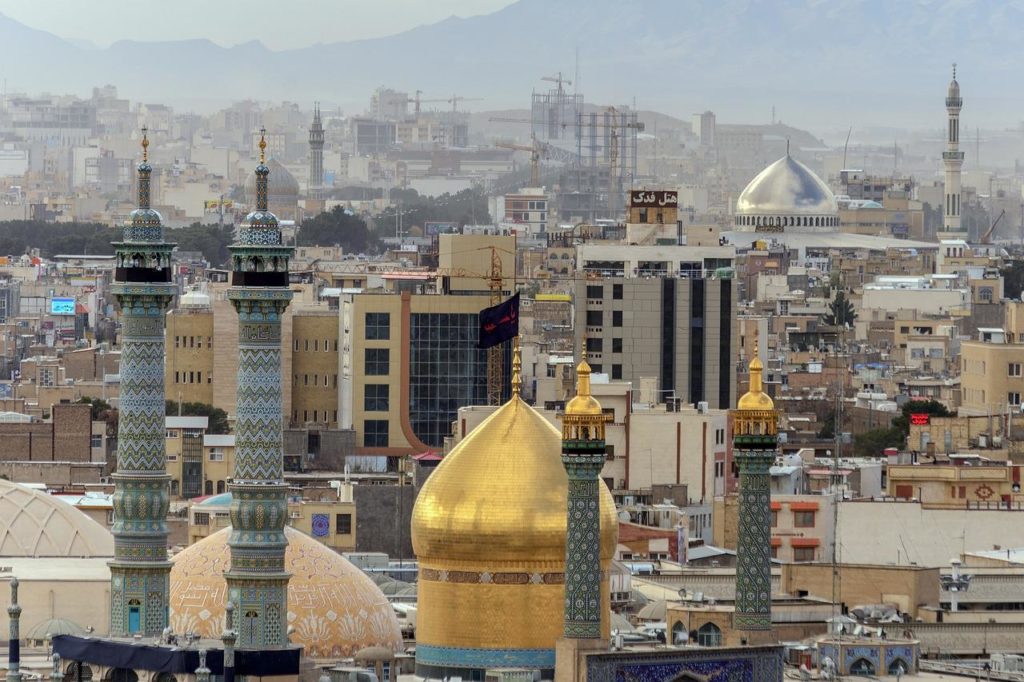
Back in 2020, the Iranian government quietly amended its regulations on cryptocurrencies to allow locally mined bitcoin to be used for funding imports, likely a forced move at a time of increased pressure due to blocks on financial services after Trump reinstated US sanctions.
The idea seems to have been to repatriate revenue from Iran’s exports by converting its somewhat unsellable excess gas and electricity resources into a globally traded asset.
The Iranian govt placed strict covenants on use of the Bitcoin mining proceeds. They must be used only for payment for imports of items that are strategic goods for Iran. This effectively uses Bitcoin mining as a ‘pressure release valve’ to prevent wastage of the country’s excess natural resources, whilst supporting import/export operations.
It wasn’t until 9th August that the first officially endorsed Import payment order was announced by the Ministry of Industry, Mine & Trade. Details around this $10m import order are still unknown, such as asset used and counterparty.
However, we can speculate a little deeper about counterparties and currencies as we know the following;
- Cryptocurrencies such as Bitcoin ($BTC) and Tether($USDT) were explicitly mentioned by Iran’s Vice Minister of Industry, Mine & Trade and President of Iran Trade Promotion Organization(ITPO) Peyman Pak when outlining a proposed comprehensive trade system for swapping between fiat currencies and cryptocurrency.
- Tether is of course primarily an Ethereum based asset which means the provenance of these assets could be obfuscated using Tornado cash.
- He further mentioned “in our main markets, such as Russia, China, India, and Southeast Asia, the use of Cryptocurrencies are popular and they use them, which means they play a significant role in our target market”
- According to 2018 data from Trading Economics Iran imports most of its goods from China (25%) and UAE(14%), with Russia making up only 3.3%.
- However, given the comment about ‘main markets’ above, the US’s pivot on sanctions in 2020 and Russia having had sanctions imposed since the Ukraine invasion, it seems likely that Russia has gained a far greater share of trade with Iran over the last few years.
- Could Russia be the mysterious crypto counterparty? Or perhaps more states known to have and use cryptocurrency such as North Korea.
So, what does this mean for the state of the crypto market? Well, the timing of the recent OFAC sanctions on Tornado cash could be coincidence, however, Iran has long stated its intention to use crypto for international trade but has never gone so far as to publicly state it has started doing so. In this light it could be seen to have ‘been the last straw’ for US regulators who up to now could be seen as daring sanctioned countries to overstep the line and see what happens.
Its not the first time this has happened of course. Famously Venezuela sought to use crypto to settle international trades with crypto to get around Trumps sanctions which have recently been eased by president Biden. However, it seems like the stakes have been upped by concerns over national security with Iran, Russia and North Korea having nuclear weapons or aspirations of doing so.
The sanctions on Tornado Cash seem to be a sledgehammer to crack a nut. This is a broad-brush strategy that will penalise legitimate privacy-seeking users as the sanctions, for the first time in history, restricts a general codebase and its developers rather than specific sanctioned entities.
It seems that the US is slowly getting a chokehold on crypto given it now has some degree of control over the main dollar stablecoins $USDT and $USDc. The failure of the $LUNA / $UST project to create a truly decentralised stablecoin is a huge blow for crypto-utopians given this tightening grip. US regulators got lucky here, as a successful truly decentralised stable coin plus a truly decentralised exchange there would be no stopping crypto’s challenge to traditional financial services.
Going forwards, perhaps the word of crypto begins to split into two streams from here forwards. A US government approved version and a black market. One thing is for sure, the future is looking bright for crypto AML/KYC service providers.
